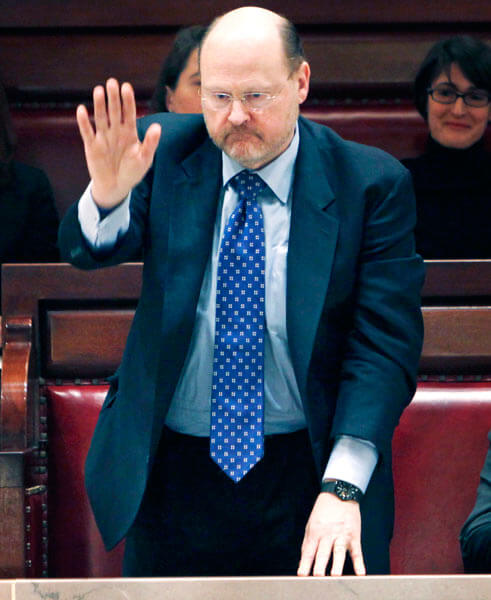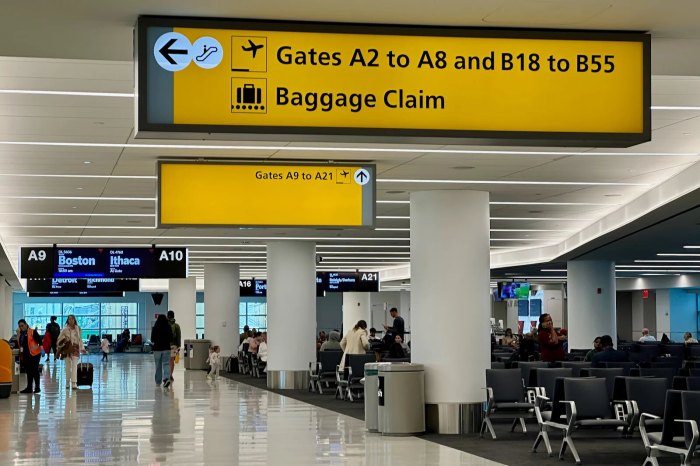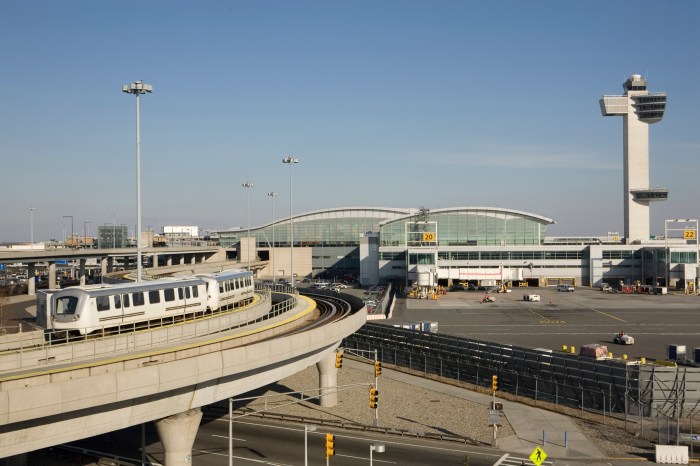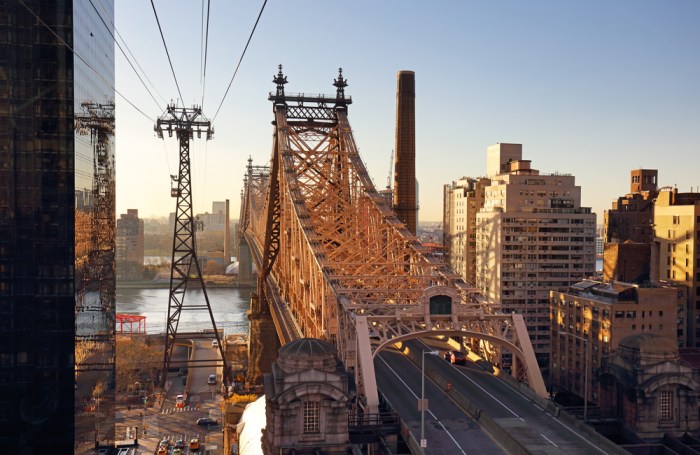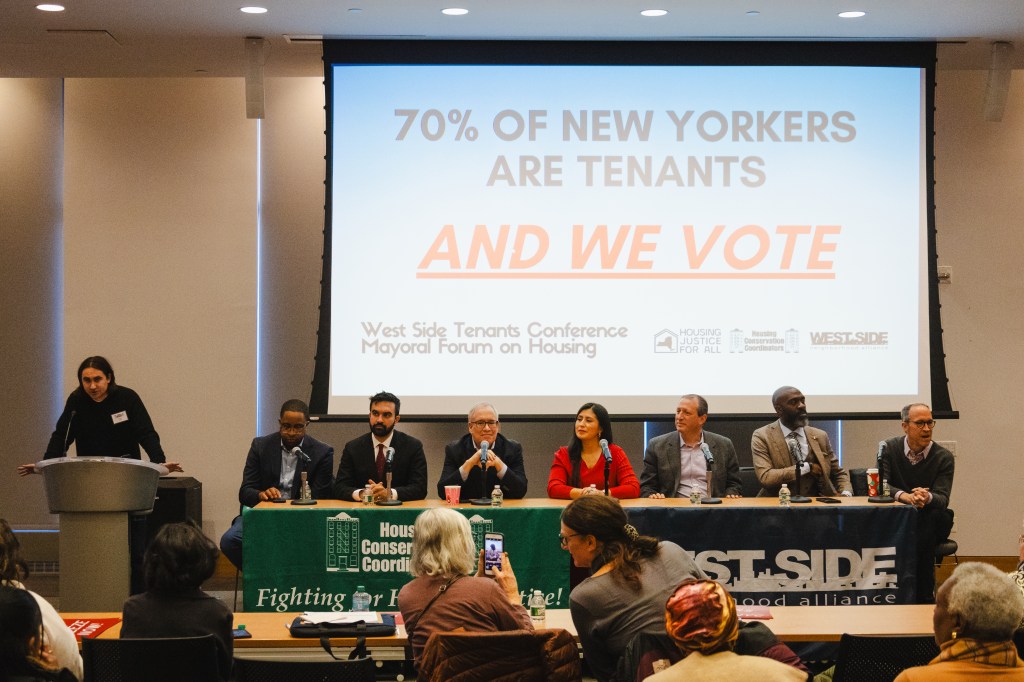By Philip Newman
MTA officials were still negotiating with the Transport Workers Union Tuesday long after expiration of the contract between the transit agency and workers who operate New York City buses and subways.
Hundreds of transit workers rallied in 19-degree weather shortly before the contract expired at midnight Jan. 15, with TWU President John Samuelson vowing to fight on.
The Metropolitan Transportation Authority, in financial straits, says it cannot afford raises for the workers.
Samuelson has said the TWU “will not eat zeroes” — a reference to the MTA’s insistence on no pay raises.
A settlement agreeable to the MTA would overcome a major hurdle in the agency’s efforts to rein in its monumental financial problems.
It is a baptism by fire for Joseph Lhota, the new chairman of the MTA board.
Gov. Andrew Cuomo has achieved success so far in demanding no pay raise contracts with several large public agency unions.
The word “strike” has not publicly emerged from the negotiations. The last strike lasted three days in late December 2005.
The TWU struck for 11 days in 1980 with Mayor Edward Koch standing at the approach to the Brooklyn Bridge to encourage multitudes of walking commuters.
The first strike came New Year’s Day 1966, Mayor John Lindsay’s first day in office. Michael Quill, the Irish-born founder and president of the Transport Workers Union, spoke of the judge who ordered him jailed: “The judge can drop dead in his black robes. I don’t care if I rot in jail. I will not call off the strike.”
The strike ended after 12 days. Quill, who was rushed to Bellevue Hospital from jail, died 14 days later on Jan. 26.
Reach contributing writer Philip Newman by e-mail at timesledgernews@cnglocal.com or phone at 718-260-4536.

